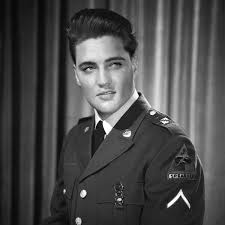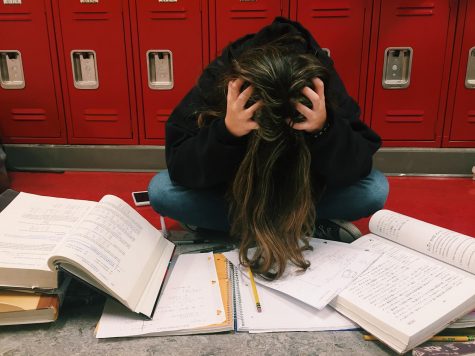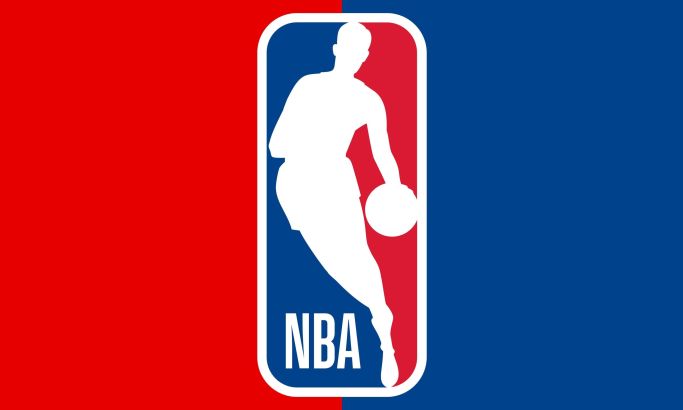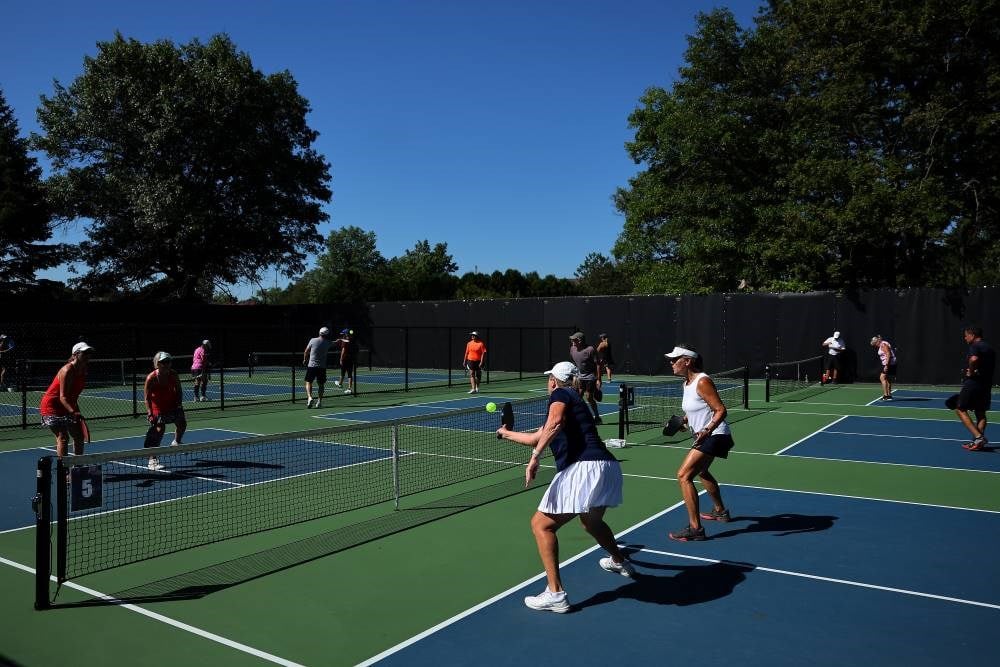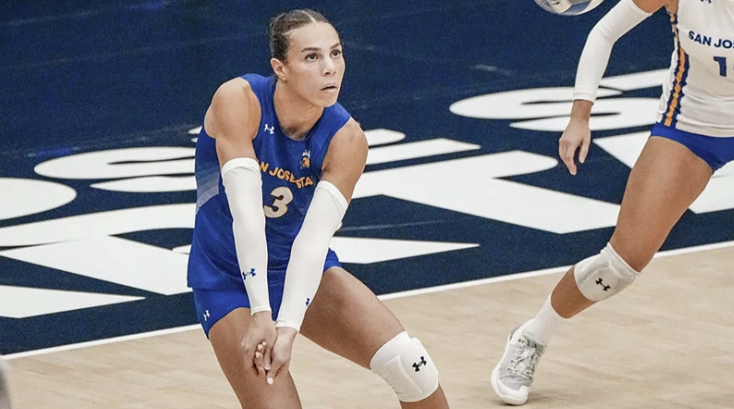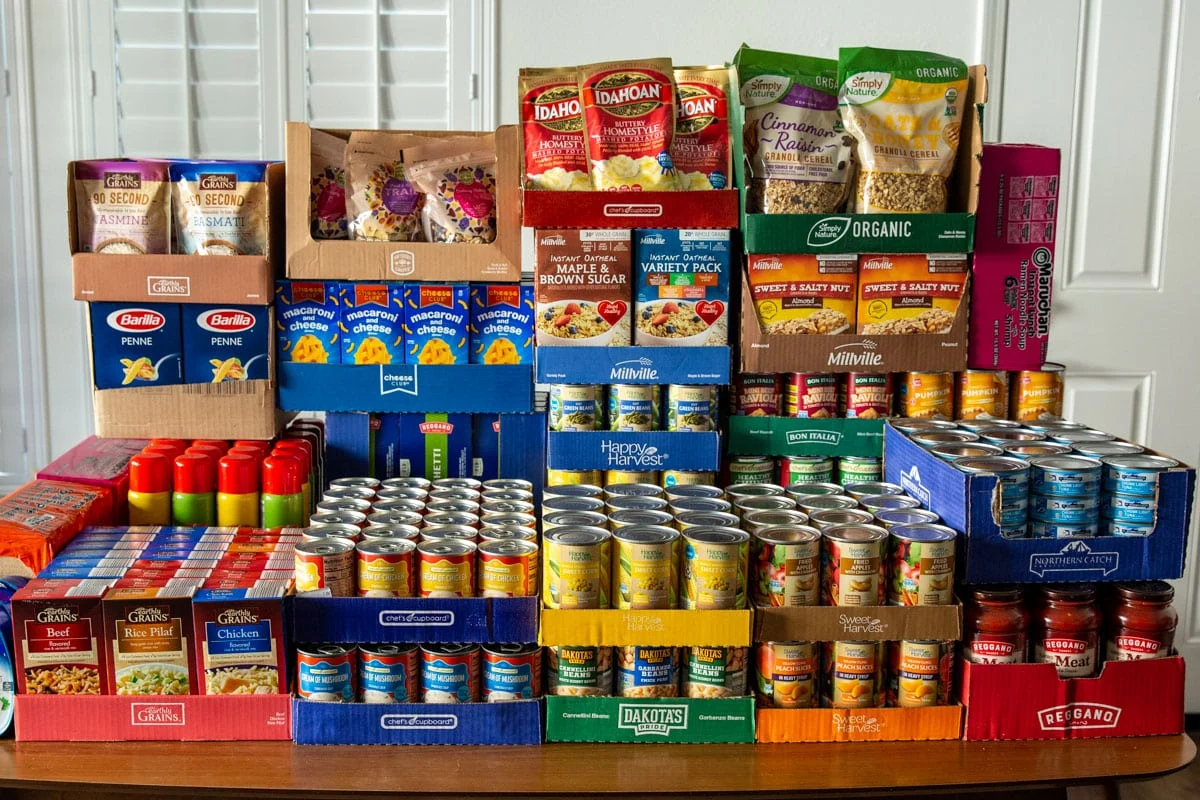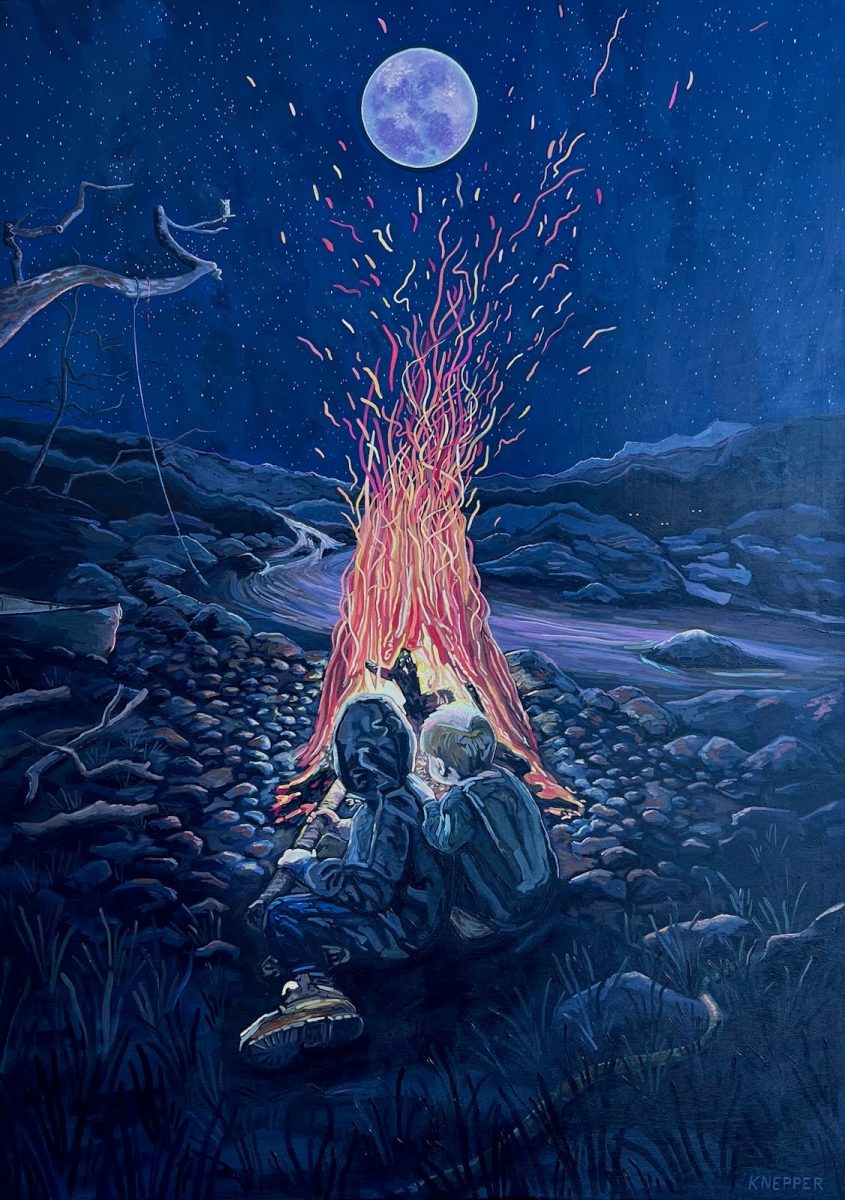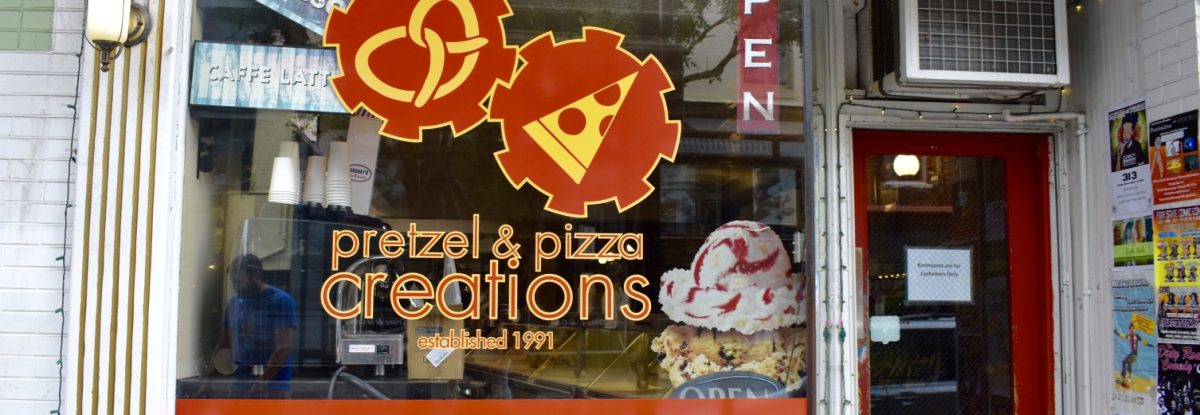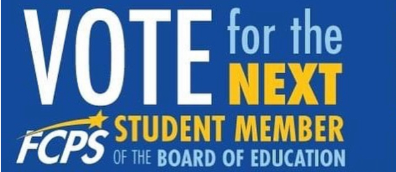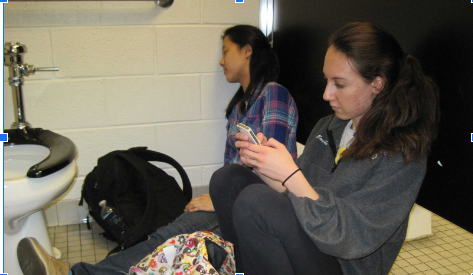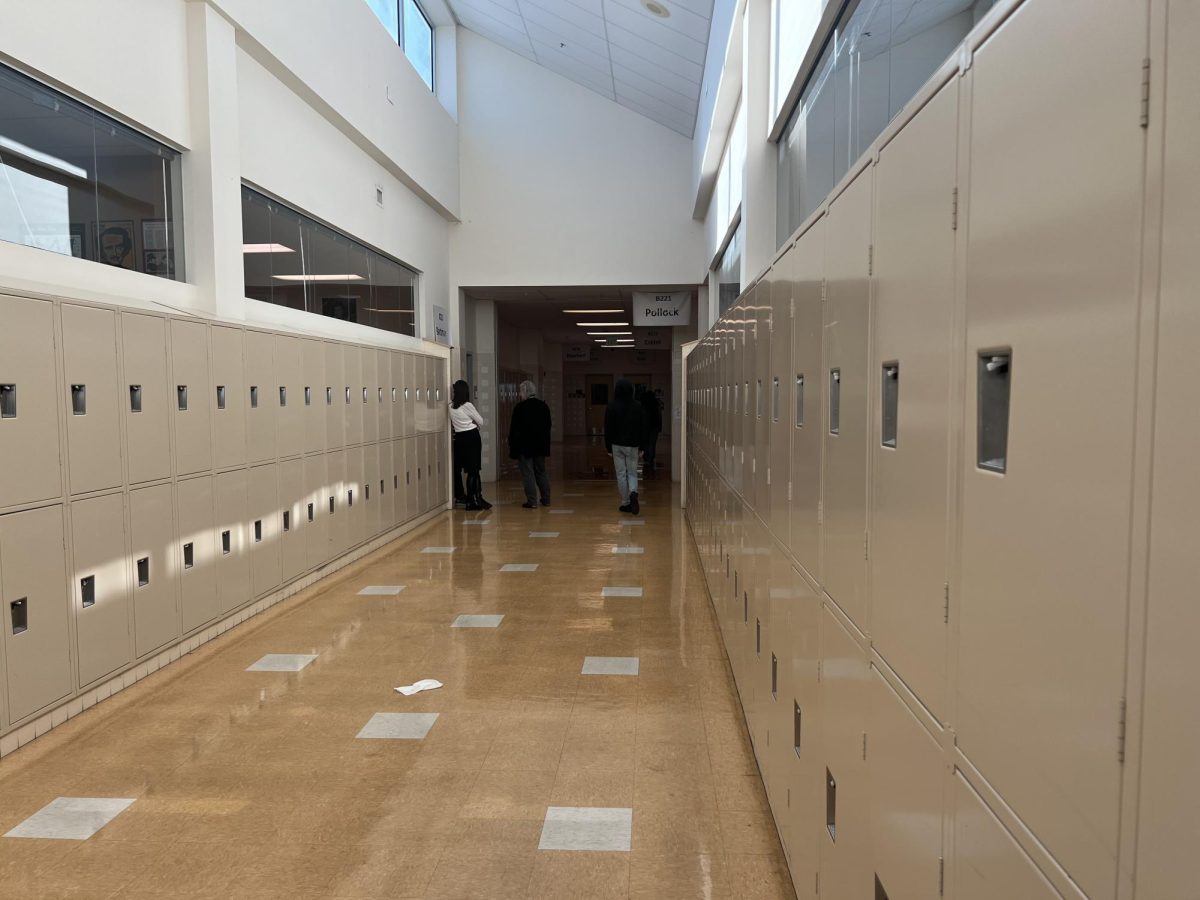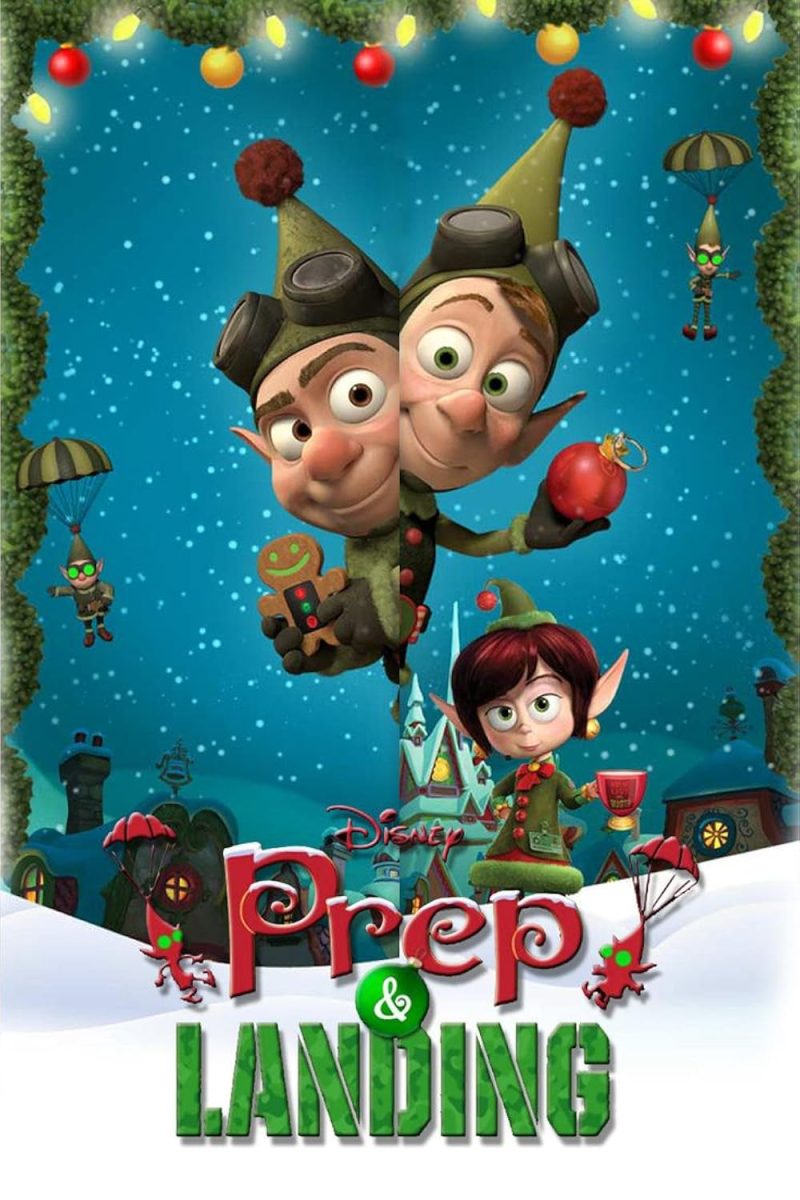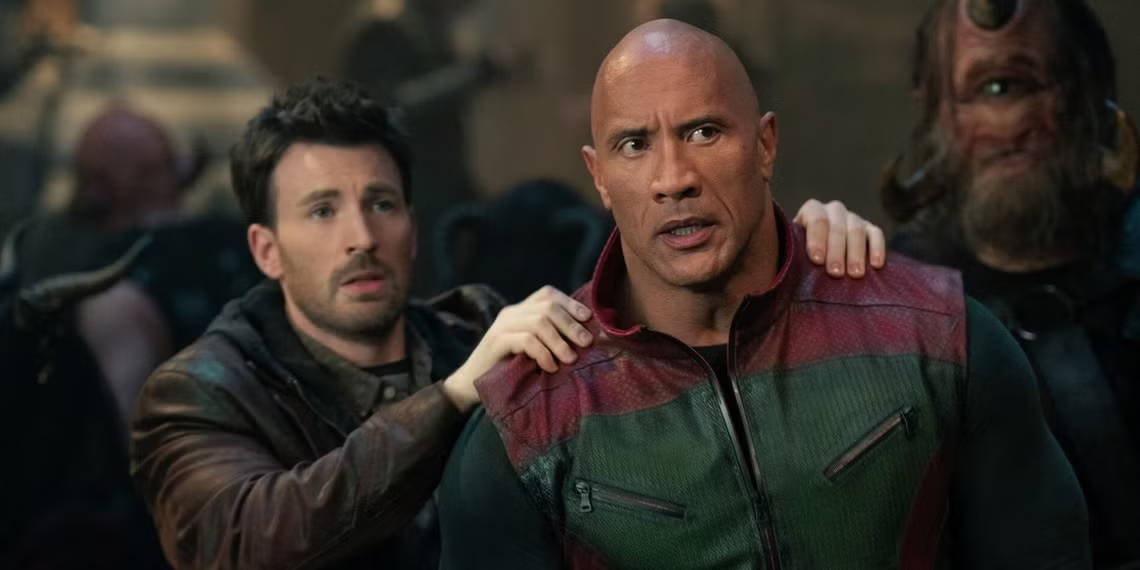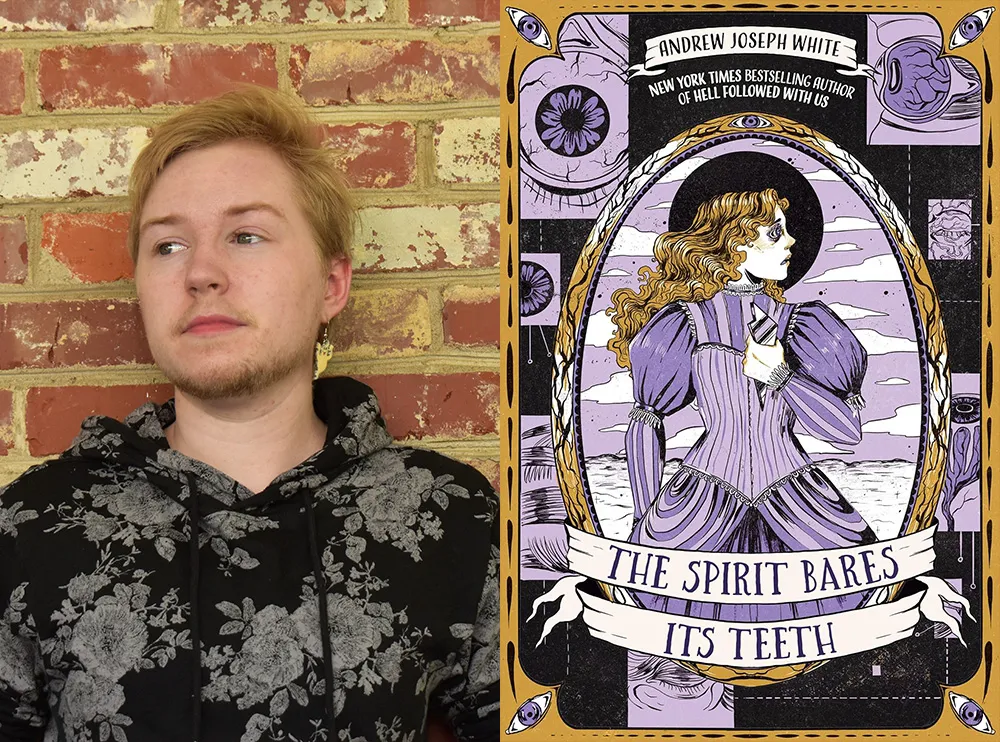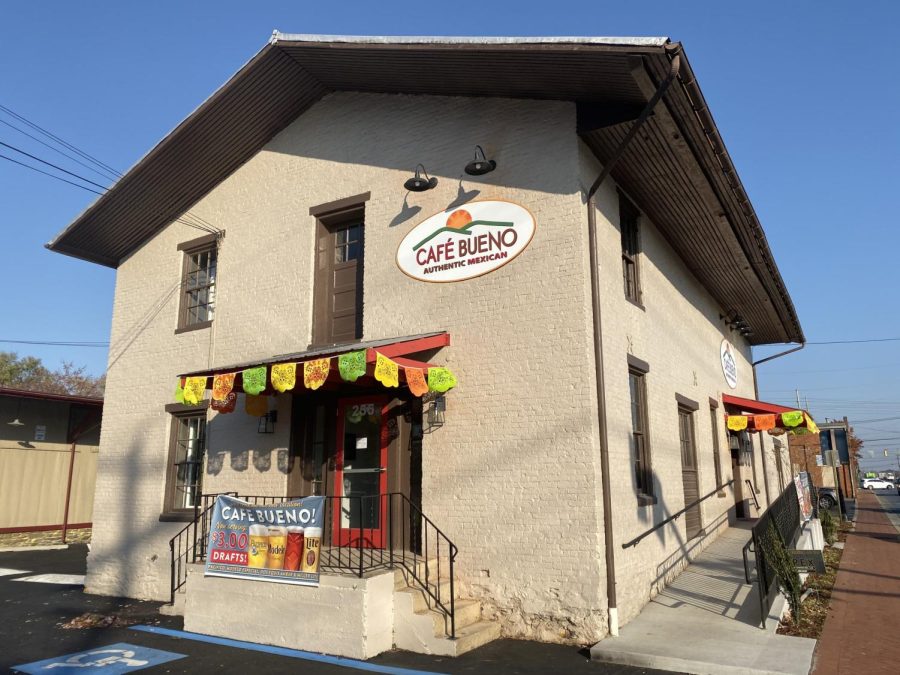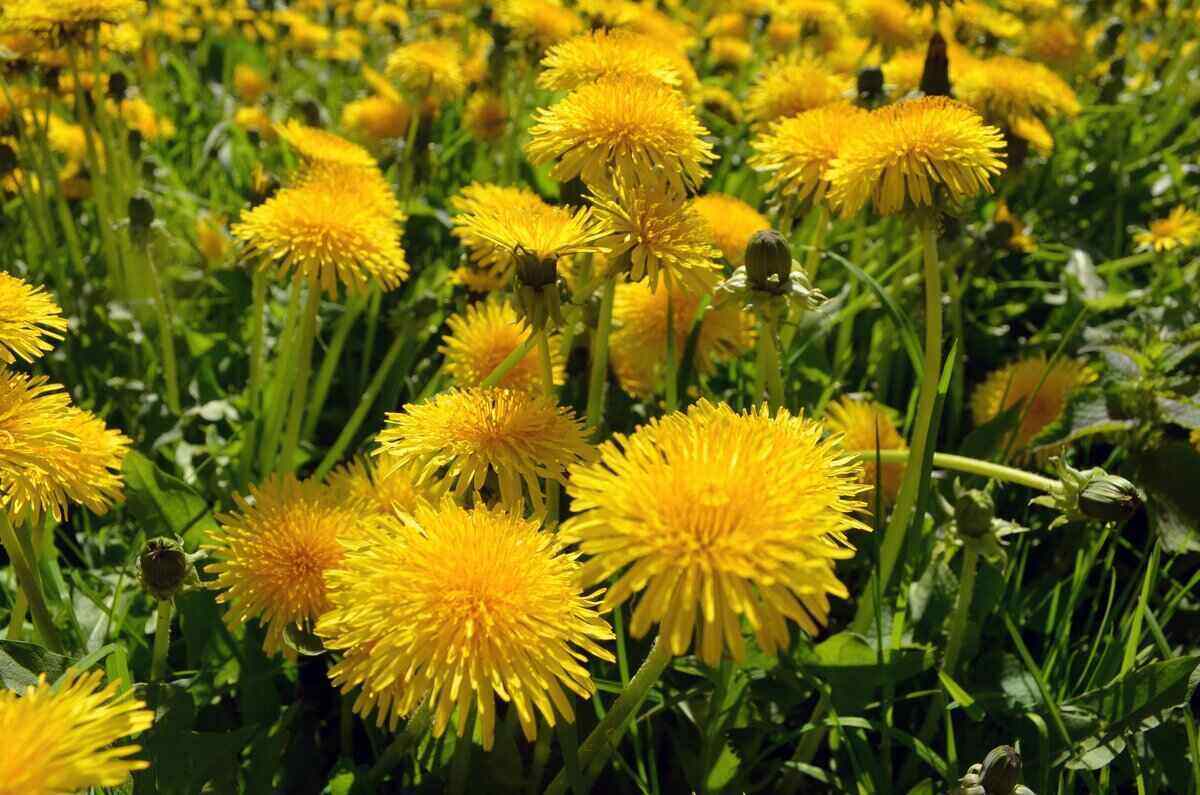Bioengineering Titans present research in our nation’s capital!
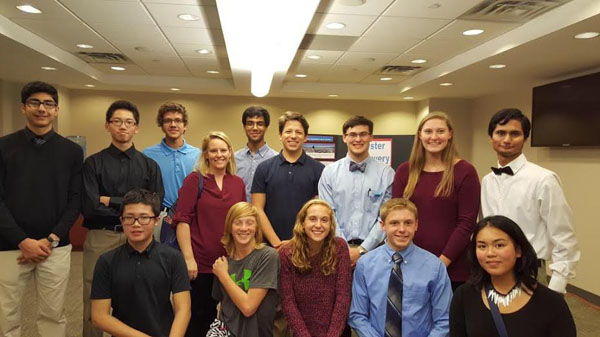
November 12, 2015
Did you know that the oyster population in the Chesapeake Bay has decreased by 99%? Oysters are economic and environmental necessities- essential for filtration, habitat, and food. Tuscarora’s Bioengineering Team is working to help preserve the Chesapeake Bay’s oyster population by targeting one major affecting factor: disease. They had the 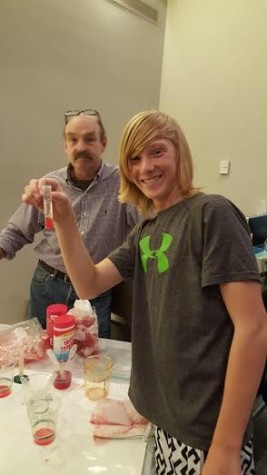 opportunity to recently present their project and idea. On Wednesday, October 28, the Bioengineering Team made their way down to Washington, D.C. for the “Meets My Bio” event at the American Society for Microbiology.
opportunity to recently present their project and idea. On Wednesday, October 28, the Bioengineering Team made their way down to Washington, D.C. for the “Meets My Bio” event at the American Society for Microbiology.
The Bioengineering Team’s goal is to use synthetic biology to protect the oysters against a harmful Perkinsus Marinus parasite. They are working to develop a fake “seaweed”, that traps this parasite, preventing it from infecting the oysters. The oyster has receptors on its surface that the parasite attaches to. The team’s goal is to grow sheets of cellulose, then use bioengineering to mimic the receptors that are on the outside of the oyster. This will cause the cellulose to attract and trap the parasite, similar to a fly and flypaper. 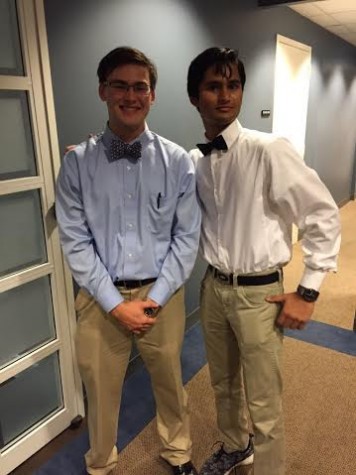
The team was invited to present their project at the American Society for Microbiology in Washington, D.C. They set up their poster in a room next to other small displays. The event began at 6, and people came around to look at their poster and the other different exhibits. BUGSS (Baltimore Under Ground Science Space) and the iGEM team from Broad Run were just a few of the other exhibits. Team members performed different hands-on experiments, such as extracting DNA from a strawberry and creating a DNA pellet with magnetic microbeads. They also had the opportunity to learn about 3D printing, vaccines, and the project created by the Broad Run High School iGEM team. As they presented their idea, project, and process to different people at the event, they were able to begin spreading the word about their project. Many people were very impressed and encouraging.
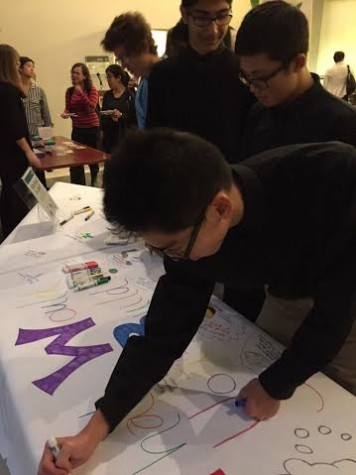 The Tuscarora Bioengineering Team is working hard to hopefully be able to attend the iGEMS competition at MIT. This event is in September, and bioengineering teams all over the world are able to attend and present their projects. The President of the club, Dhruvesh Amin, comments on the event, “What we did at the American Society of Microbiology was not only a good learning experience, but it also was a good way to get others informed on the problems we wish to tackle”.
The Tuscarora Bioengineering Team is working hard to hopefully be able to attend the iGEMS competition at MIT. This event is in September, and bioengineering teams all over the world are able to attend and present their projects. The President of the club, Dhruvesh Amin, comments on the event, “What we did at the American Society of Microbiology was not only a good learning experience, but it also was a good way to get others informed on the problems we wish to tackle”.

